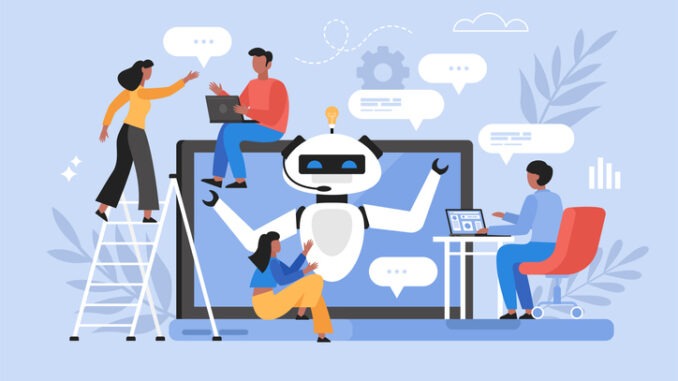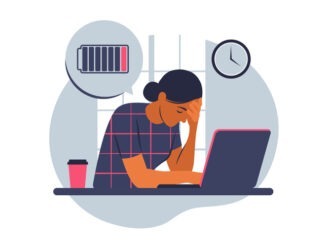In the world of Character.ai, where you can converse with Harry Potter or even a digital therapist named Psychologist, the success story of AI therapy, particularly Psychologist, highlights a growing trend among young users aged 16 to 30. As school leaders navigate the potential benefits of integrating technology for mental health support, they must also be cautious of the inherent risks and ensure a balanced and responsible approach to student and staff well-being
CREDIT: This is an edited version of an article that originally appeared on BBC News
Psychologist has garnered attention by processing a whopping 78 million messages, with 18 million pouring in since November. Created just over a year ago by user Blazeman98, this digital therapist has become the go-to for 3.5 million daily visitors on the platform.
Despite the platform’s emphasis on role-playing and entertainment, a considerable number of bots focus on mental health. With 475 bots featuring terms like “therapy,” “therapist,” “psychiatrist,” or “psychologist,” it’s clear that users seek solace in the digital realm. Popular characters like Therapist and Are you feeling OK? have received millions of messages, offering a unique avenue for mental health support.
The success story behind Psychologist
The star of the show, Psychologist, was crafted by Sam Zaia, a 30-year-old psychology student from New Zealand. Originally created for personal use when human therapy was financially out of reach, Psychologist has unexpectedly become a lifeline for many. Sam, surprised by its success, is delving into post-graduate research to explore the emerging trend of AI therapy, especially among young users aged 16 to 30.
Sam acknowledges that AI cannot replace a human therapist entirely. Still, he remains open-minded about the potential evolution of technology. He shaped Psychologist’s responses based on principles from his psychology degree, tailoring them to address common mental health conditions like depression and anxiety.
Psychologist’s success might be attributed to the comfort of text-based communication, particularly for the younger demographic. Sam speculates that the immediacy and informality of texting make it less daunting than traditional forms of communication.
Professional perspectives
While some users rave about the benefits of Psychologist, professional psychotherapist Theresa Plewman raises concerns about its effectiveness. “The bot has a lot to say and quickly makes assumptions, like giving me advice about depression when I said I was feeling sad. That’s not how a human would respond,” she said.
She says the number of people using the bot is worrying and could point to high levels of mental ill health and a lack of public resources.
AI therapy beyond Character.ai
While Character.ai leads the pack, other AI services like Replika, Earkick, and Woebot offer similar companionship, addressing mental health concerns. Some psychologists warn that AI bots may be giving poor advice to patients, or have ingrained biases against race or gender. However, the medical world cautiously accepts AI as a coping tool, with Limbic Access securing a UK medical device certification for mental health triage in the NHS.
In this evolving landscape, AI therapy is gaining traction, offering a glimpse into the potential future of mental health support. As virtual psychologists become part of our digital interactions, the debate continues over their efficacy and impact on the broader healthcare system. Just as it’s crucial for school leaders to recognise the potential benefits of integrating technology for mental health support, it’s equally imperative for them to understand and navigate the inherent risks, ensuring a balanced and responsible approach to student and staff well-being.




Be the first to comment